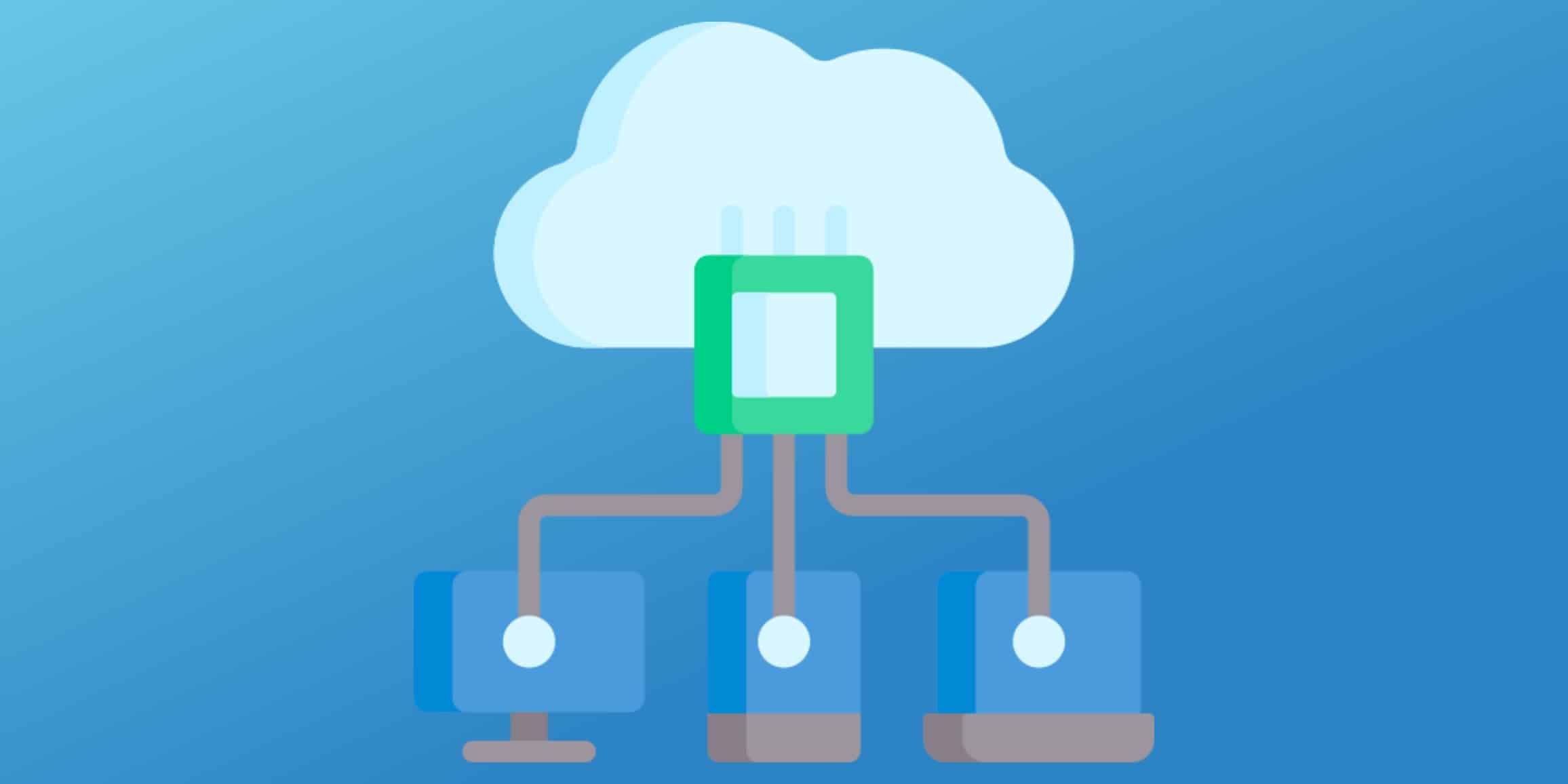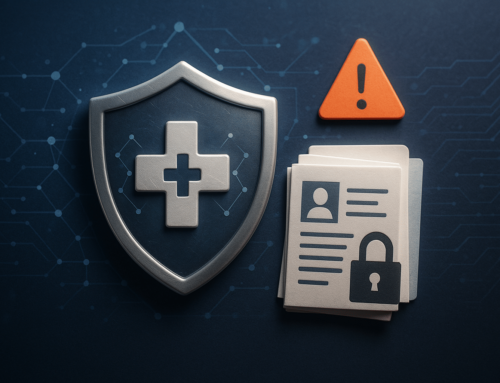Because medical practices and the business associates that serve them handle protected health information (PHI) regularly, precautions must be taken to safeguard sensitive information. The Department of Health and Human Services (HHS) recommends ten practices that all organizations handling PHI must implement. Today, we examine endpoint protection systems.
What is Endpoint Protection?
While it may sound technical, an endpoint is simply any device that connects to your internal networks. Common examples of endpoints include laptops, smartphones, tablets, or servers in a data center. Endpoint protection secures the various endpoints connected to the network to limit access and keep network data safe.
What is the Difference Between System Endpoint Protection and Antivirus?
Antivirus is a building block of endpoint protection. Antivirus software protects an individual device when it is installed. System endpoint protection secures the entire network. Endpoint security software is installed on network servers, allowing an organization to secure the whole network, without the need for installing the software on individual devices.
Standard features of system endpoint protection software include:
- Data loss prevention detects and monitors sensitive information, ensuring unauthorized users do not have access. In a data breach, data is protected from theft or loss.
- Disk, endpoint, and email encryption is the process of protecting your data from theft or corruption by making data illegible.
- Network access control restricts which devices are allowed to connect to a network.
- Endpoint detection and response monitors and responds to security threats.
- Insider threat protection prevents internal threats to a network by those with inside information, such as employees or former employees.
- Application whitelisting or control is a system that determines which software applications are accessible from a network. Applications that are deemed harmful will not be accessible.
- Data classification identifies vital information to make it easy to retrieve and use.
- Privileged user control is a user authorized to access features that other users cannot, such as security functions.
Any effective endpoint security software must include application control and endpoint encryption. These features prevent unauthorized users from accessing data. Endpoint encryption hides sensitive data. Application control blocks employees who may attempt to download applications like spyware, or malware that could give unauthorized users access to a network.
Using a HIPAA Mobile Device Policy
A HIPAA Mobile Device Policy is a good way to keep devices secure. By having a standard procedure for implementing mobile device security, you minimize the likelihood that you’ll be breached.
HIPAA Mobile Device Policies, such as Bring Your Own Device Policies, help to provide guidance to your staff on best practices for mobile device security. HIPAA Mobile Device Policies help to keep your network, and the endpoints connected to it, secure. Failure to have endpoint protection systems in place can cripple an organization if a ransomware attack allows an unauthorized party to access a network and corrupt data.
During ransomware attacks, hackers can access medical records and encrypt patient files. They then ask for a ransom from the healthcare organization to unencrypt the files. Without patient files, many healthcare providers opt to pay the ransom so that they can treat patients. But this practice just perpetuates the cycle of ransomware attacks.
A past ransomware attack left a doctor’s practice without access to their files. The practice’s doctors decided not to pay the ransom; as a result, the hackers deleted all of the patients’ records. The deleted files included patient contact information, appointment dates/times, and medical history.
Doctors could not contact patients and view appointments. Instead, they were forced to depend upon patients simply showing up to receive care. The quality of follow-up care was negatively impacted because patient records were unavailable. This resulted in a significant decrease in the office’s standard of care.
The practice permanently closed doors in the wake of the ransomware attack. The cyberattack likely contributed to the closure, which could have been avoided if adequate endpoint protection measures were in place.











